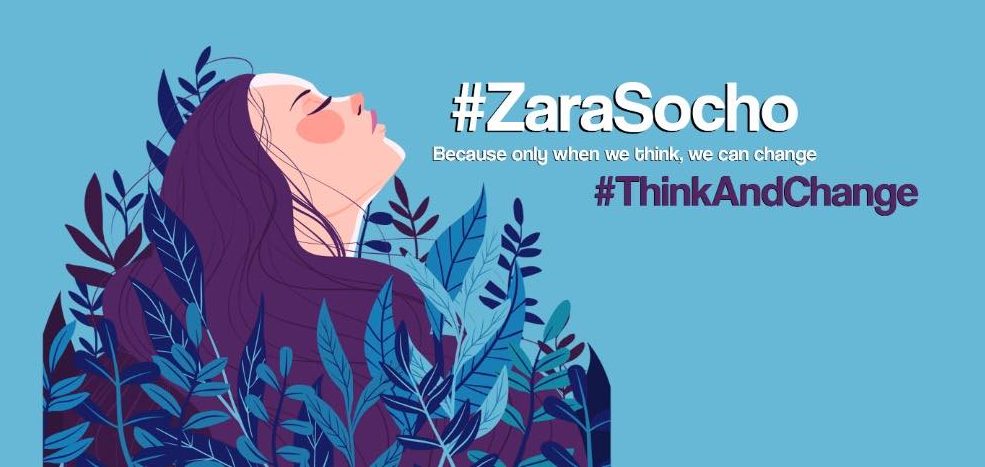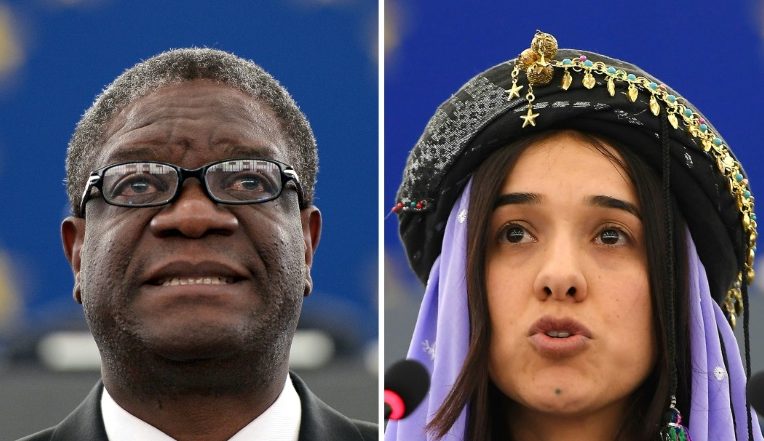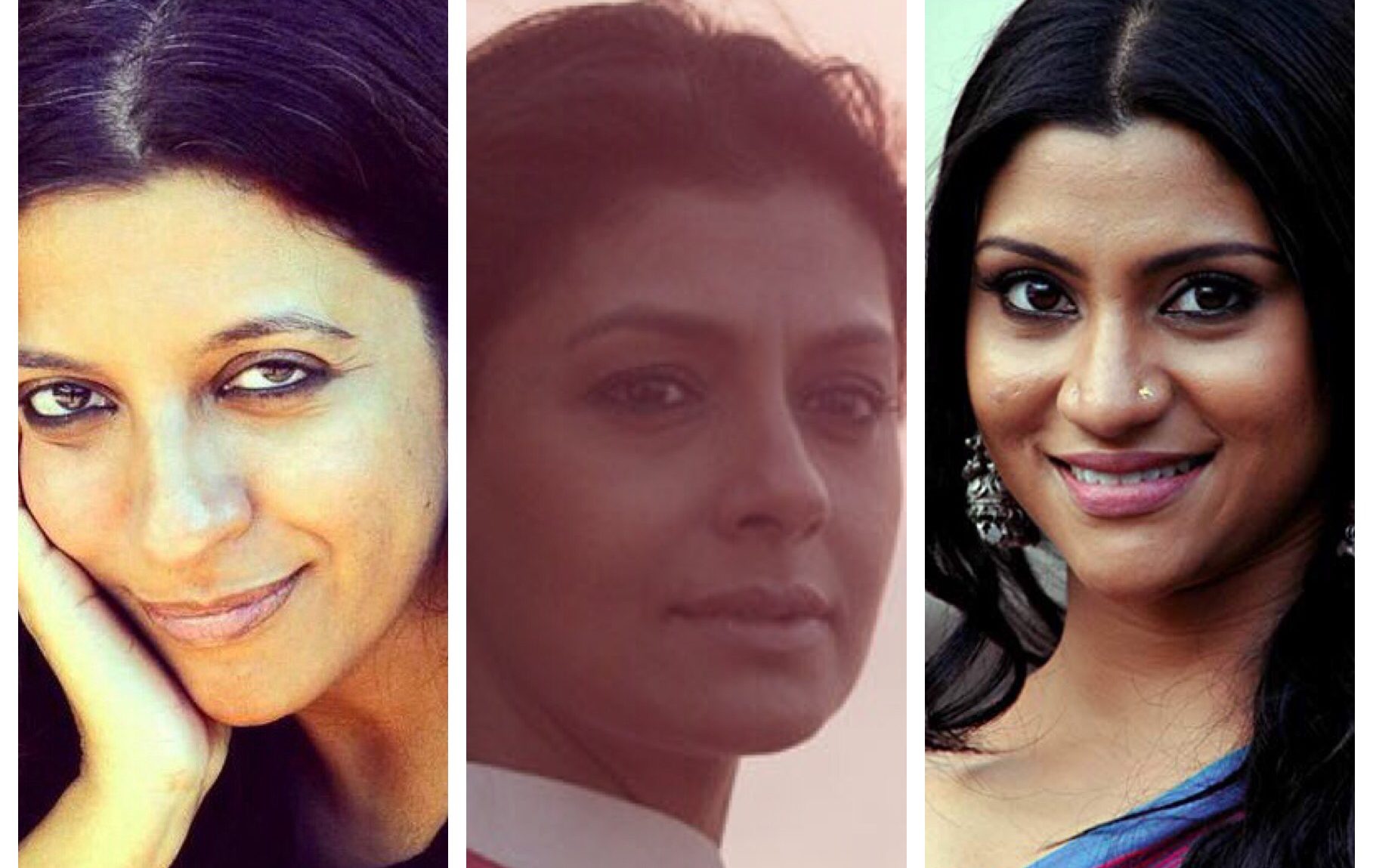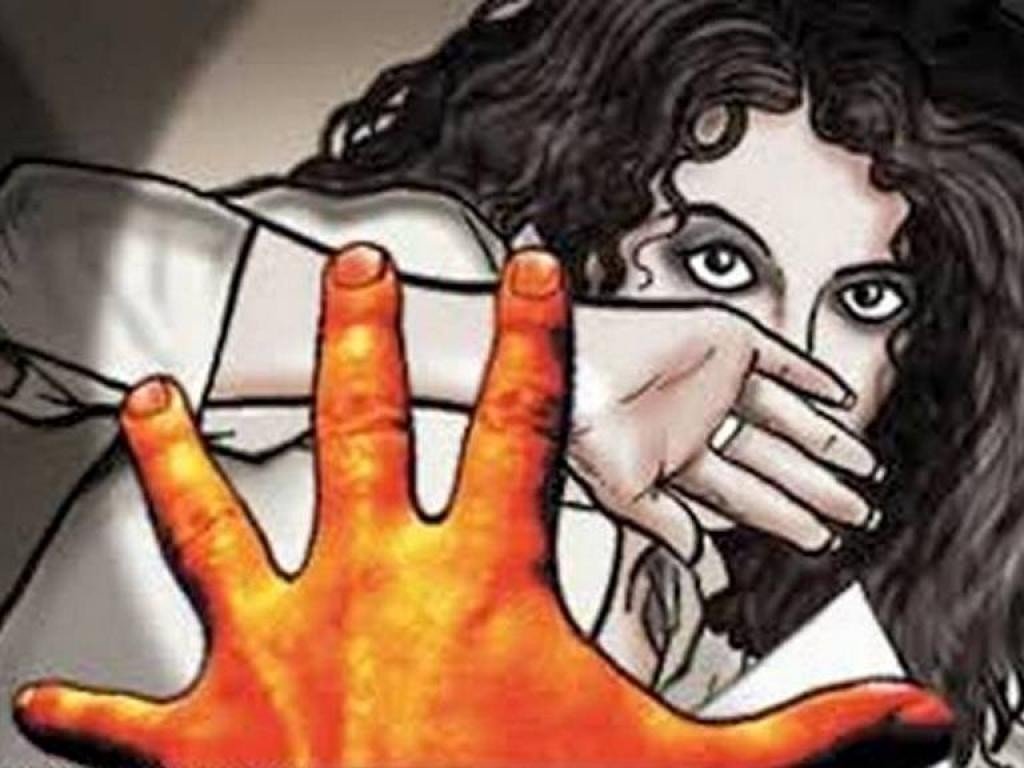KARACHI: Recently, a discussion on violence against women and how to empower survivors of harassment (at workplace, etc.), abuse, and violence took place at PR firm, MindMap Communications, as cases continue to rise each day. While the discussion remained informal, the content of the matter was extremely serious. CEO Faisal Kapadia spoke about the various campaigns that are being launched in order to ensure women’s protection and effective reportage. One of them, called Mashal-e-Haq, focuses on supporting the marginalized and raising awareness about human rights and about the rights of marginalized as defined by the universal declaration.
View this post on Instagram
“It’s not an independent body. It is working with the government and supports them in their initiatives. Its aim is to bring like-minded people together, who can act as a force whenever required to help the less fortunate among us,” he shared, explaining what Mashal e Haq is all about. Those in attendance included Sana Fakhar, Zhalay Sarhadi, in addition to press and PR personnel.
He added, “The Asia Foundation, like UN Women or UNICEF, does a lot of work in academic areas, like violence against women, education, different health sectors, stuff like that. So basically, we are here because we need to discuss why violence against women really matters. We need to talk about the government’s response to things. We need to talk about how we report violence. And then we need to talk about the campaign that we are doing called “Think and Change” and “Zara Socho”. And basically, our purpose here is to create a circle of influence because every person in the digital realm has their own circle of influence. We need to create a body or a loosely made group, which can come together on issues that are important and then highlight them according to what must be done.”
View this post on Instagram
One of the many things that he addressed was the fact that Pakistan as a country must ensure women’s safety and security. He furthered that according to Pakistan’s constitution, violence against women bluntly stands as a crime. “All citizens of Pakistan are entitled to the right to life, liberty, and dignity as defined in the constitution in the Islamic Republic of Pakistan and the universal declaration of human rights that Pakistan has ratified,” he said. “Violence against women does not take place because of any issues of caste, color, creed, what she is wearing and what she is not, whether she is listening to music or dancing, or if she is praying, or whatever it is that she is doing. Irrespective of that, violence against women takes place every day in this country.”
Faisal Kapadia also put forward statistical figures to back up his claim against the steep number of cases of violence against women. “There have been a total number of 9400 cases, just in 2020, of reported violence against women. These range from medium-scale to really high rates of violence. It of course is present in many ways, shapes, and forms. It is at times physical, sometimes emotional, social, psychological, financial, and even takes the form of cyber harassment,” he stated.
“What has the government of Pakistan done as far as the laws are concerned for violence against women? Domestic Violence Bill and the Protection and Prevention Bill were passed in 2012. It acknowledges that domestic violence is an offense. This enabled the victims to have access to courts and to file cases. They passed the Acid Control and Acid Prevention Act in 2010. This bill criminalizes the throwing of acid and the use of acid against women. The Protection Against Harassment Against Women at Workplaces was also a bill passed in 2010. The objective behind this law was to make a code of conduct for the workplace. It explained how women in workplaces must be treated and made essential for every organization to adhere to this code,” he explained.
View this post on Instagram
“Then we have the Prevention of Anti-Women Practices Act in 2011, Women in Distress And Detention Fund, Criminal Law Amendment Act from 2010, The National Commission for The Status of Women Act 2012,” he added. “These are all the laws that can help anybody file a case, and report any aggression that is taking place.”
He also mentioned the helpline put together by the Ministry of Human Rights i.e., 1099. “They can refer you to legal counselors as well, and offer aid. It is also an app, which can be download on both iPhones as well as Androids. In this, you have a discreet messaging service as well. In case you are in a harmful situation you can use the app to message the authorities explaining what is happening around you.”
Kapadia also pointed out the centers that exist to assist survivors of abuse. “They offer legal aid and lawyers, for free. One such great example is the Violence Against Women Centre in Multan. It offers mediation, rehabilitation. There are psychologists there, there are mediation officers there and there is a woman police station as well, alongside medical services. They have a pool of lawyers with security and protection ensured for people who report.”
View this post on Instagram
Faisal Kapadia does acknowledge that reporting harassment and domestic violence against women is not an easy feat. “The problem exists on both sides. There is a lack of implementation by the government, while from our side, there is a lack of reporting. When I say our side, I mean, we see it all around us every day. In the workplace, if someone harasses you, and by harassment, I mean “actual” harassment, we usually go quiet, we do not report it, or talk about it.”
Talking about the Pakistani industry itself, he revealed, “Things happen on sets every day and we, the actors, the PR people, the producers, usually what they do, their modus operands is: leave it, let it be. What business do we have? Whatever they are doing is their personal matter. Let’s not get involved and ruin our careers. Let’s not get into this. These things are part of our industry. We will have to be used to this. It happens in Hollywood as well. There have been women that have come into this office and I have been surprised and I have asked them, why are you taking a pay cut to work with us. Their response is ‘because here the boss does not touch us’. The problem is that we neither report nor say anything and then expect the government to tighten its grip around harassers and fix everything. That cannot be possible.”
View this post on Instagram
Conclusively, he said, “The campaigns #ZaraSocho and #ThinkandChange aim to create awareness, help to report violence against women, remind people that we have a social responsibility. 50% of our population is women. We can not oppress, alienate, harass or subject them to any kind of violence. We are doing it to ourselves if we do it to them. We need to create a safe space around us where women and children feel safe. We all have families that will enter the workforce tomorrow.”
Lastly, he urged every person present to play their part in pushing the envelope. “If you guys see a case, and you want to highlight it, please point it out to us personally also, put up details of that case with this hashtag, because we are going to create a cumulative data file and send it for legal help. We want to do cases on women who are being subjected to violence, whether they choose to report it or not, it is up to them but, I would hope that if two to four more cases come forward, where women have reported then action could be taken by creating a lobby amongst ourselves. We need to start somewhere. There are lawyers present, there are legal consultants present.”

 https://www.facebook.com/MashalEHaqpk/
https://www.facebook.com/MashalEHaqpk/











